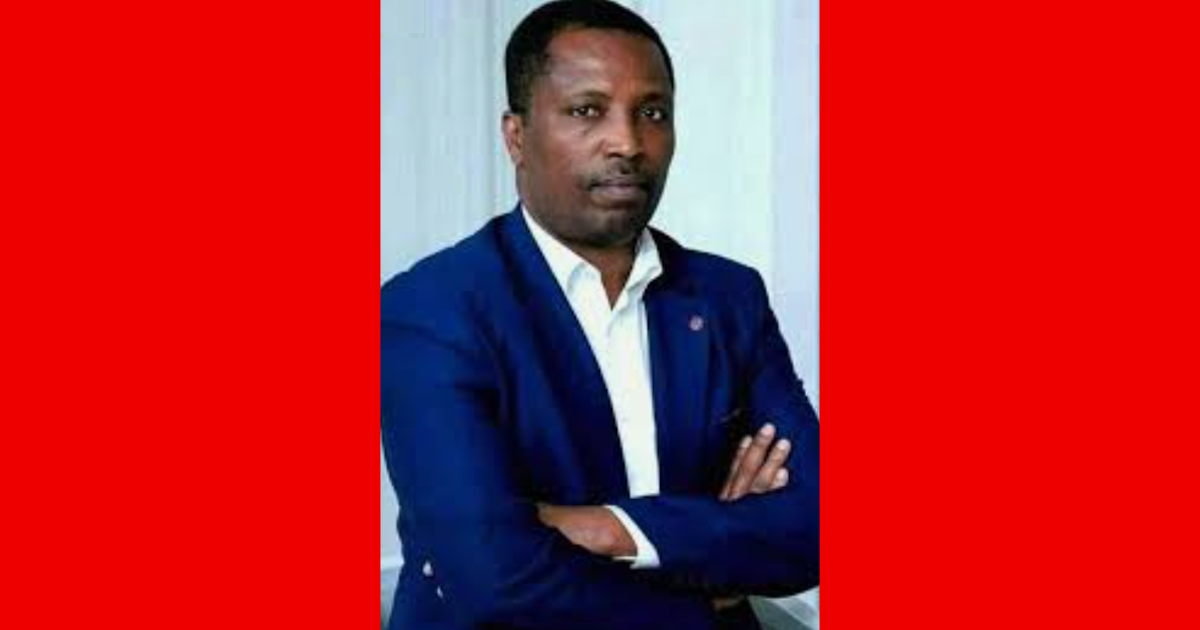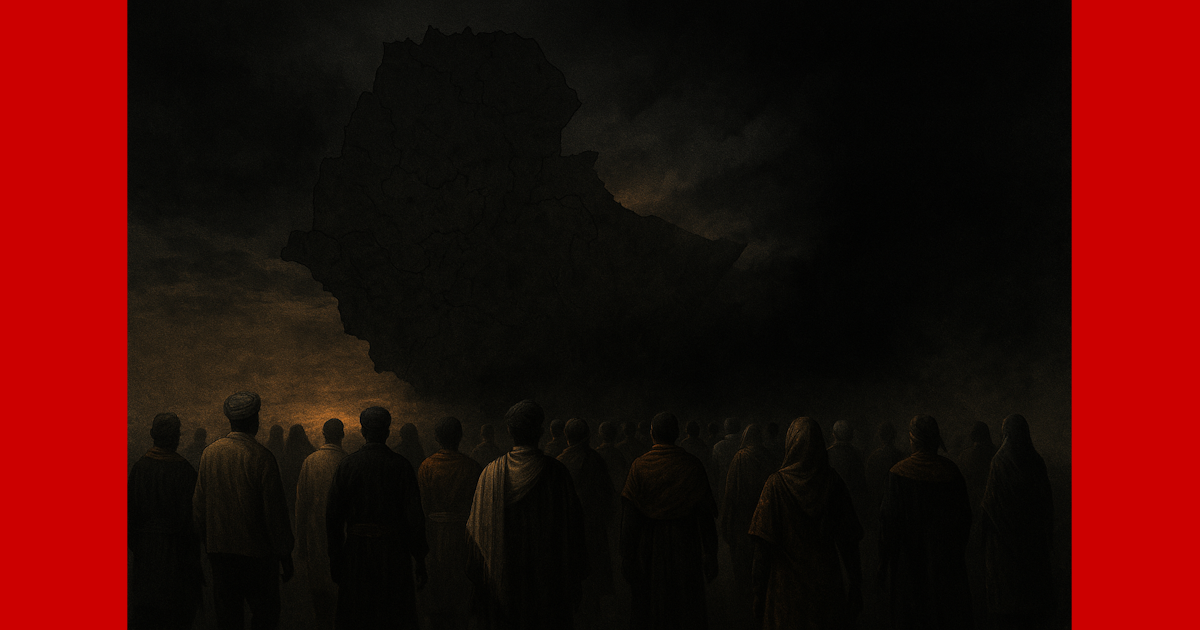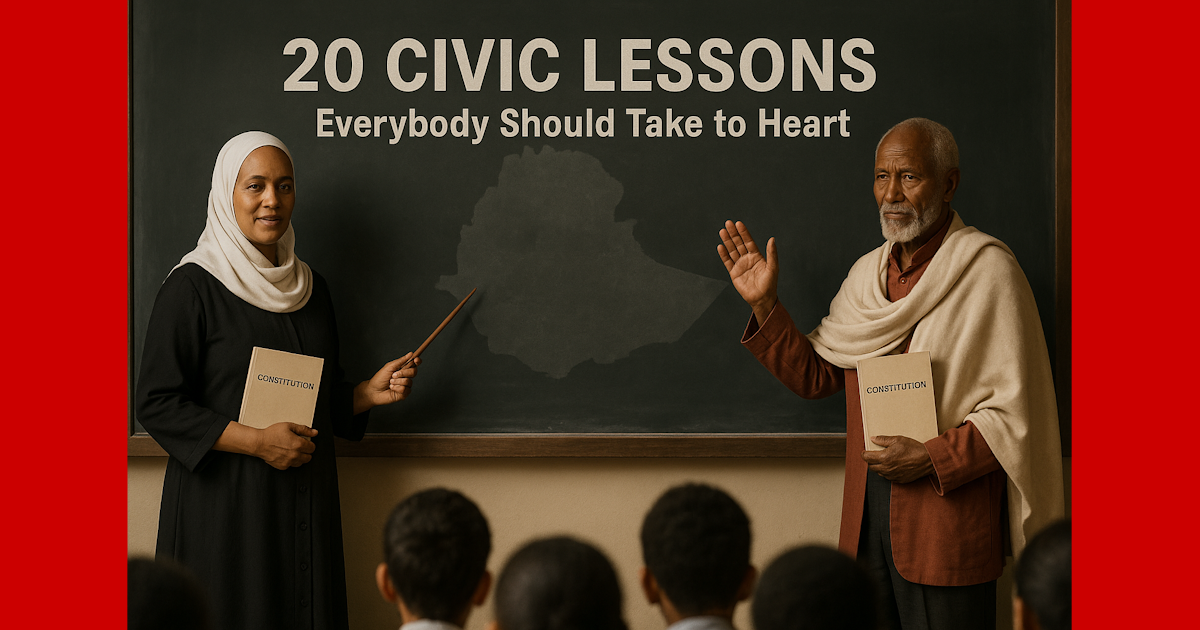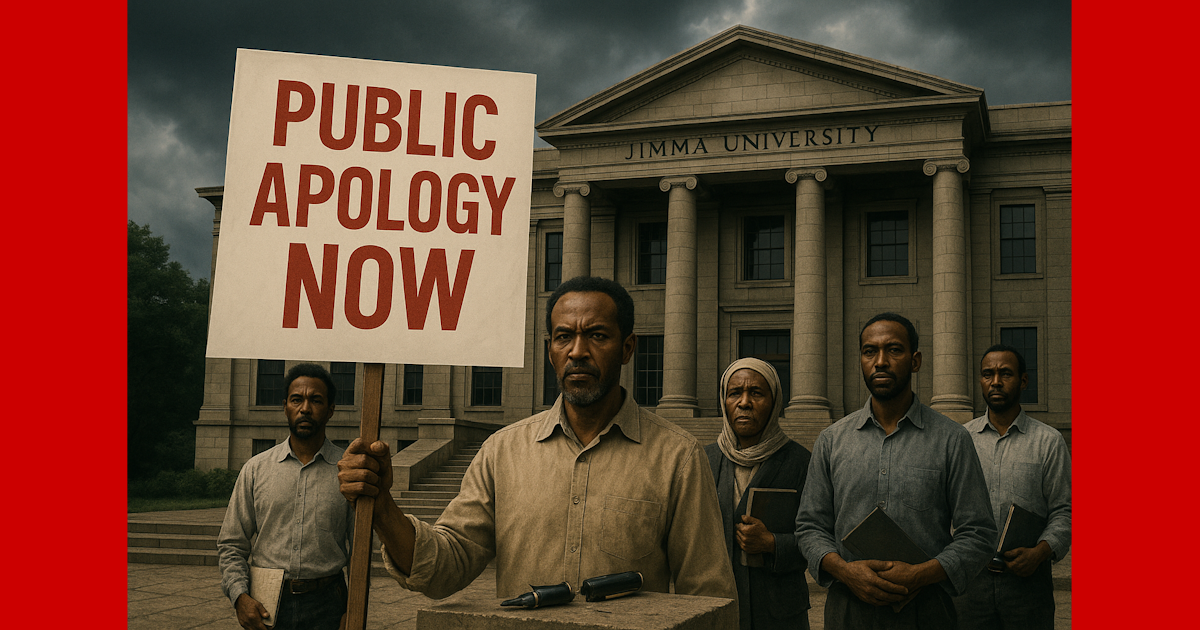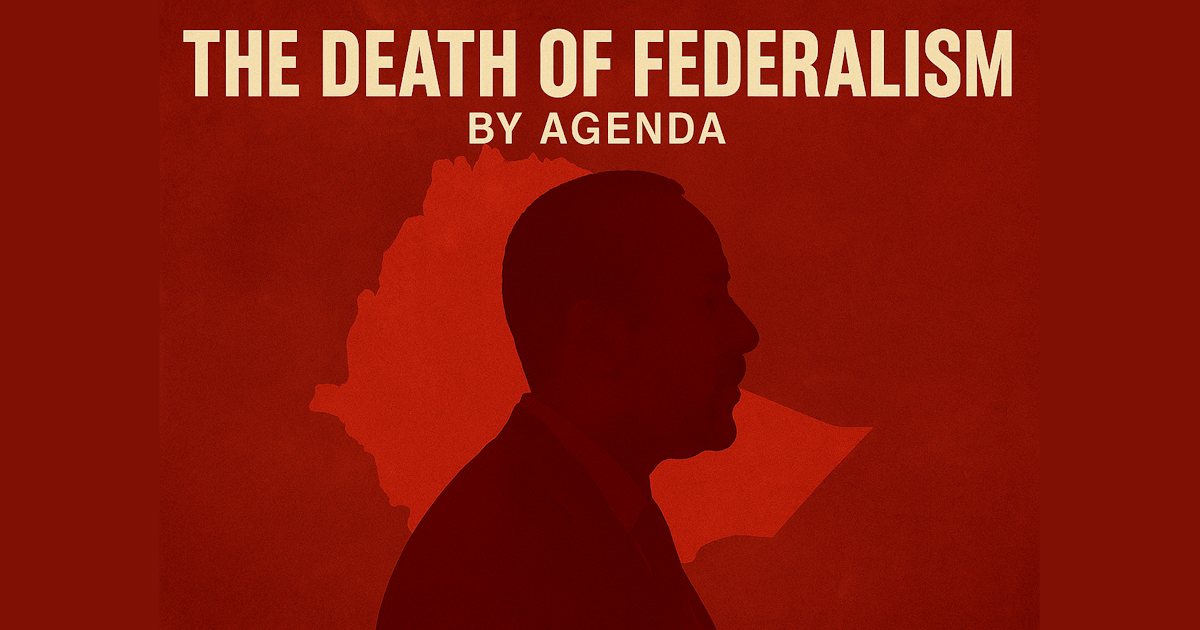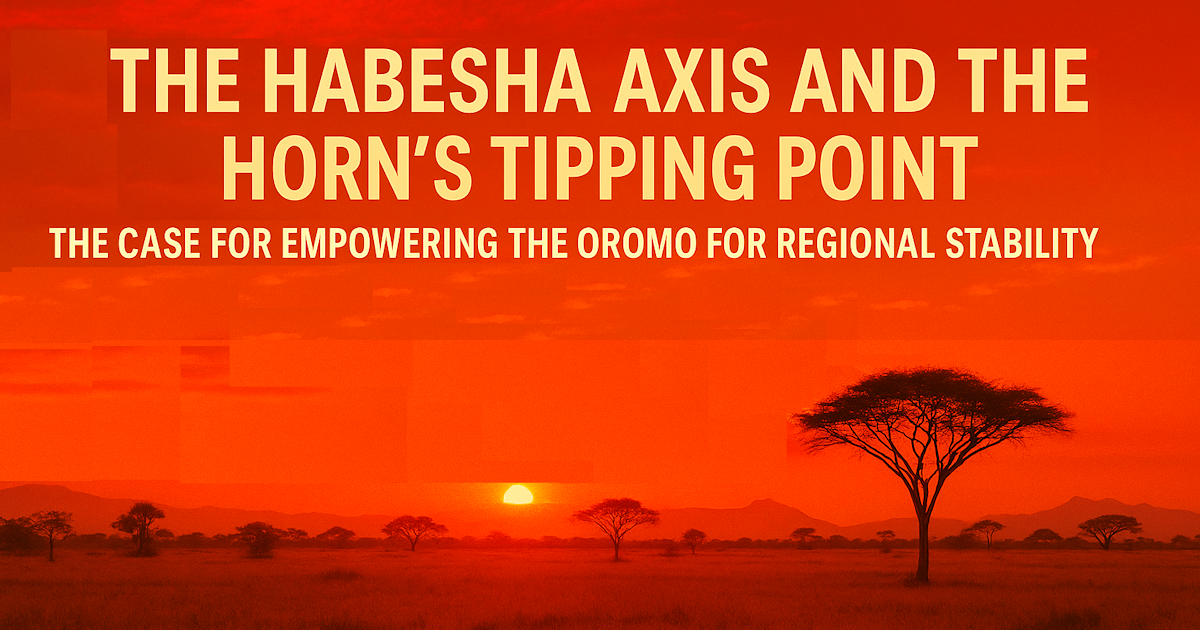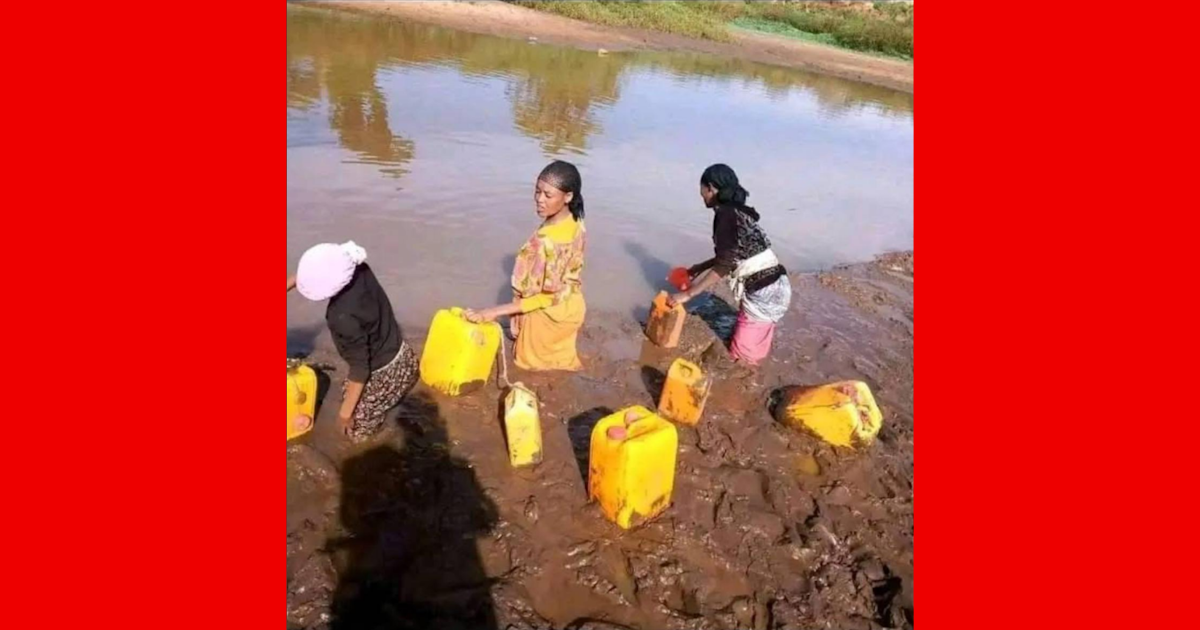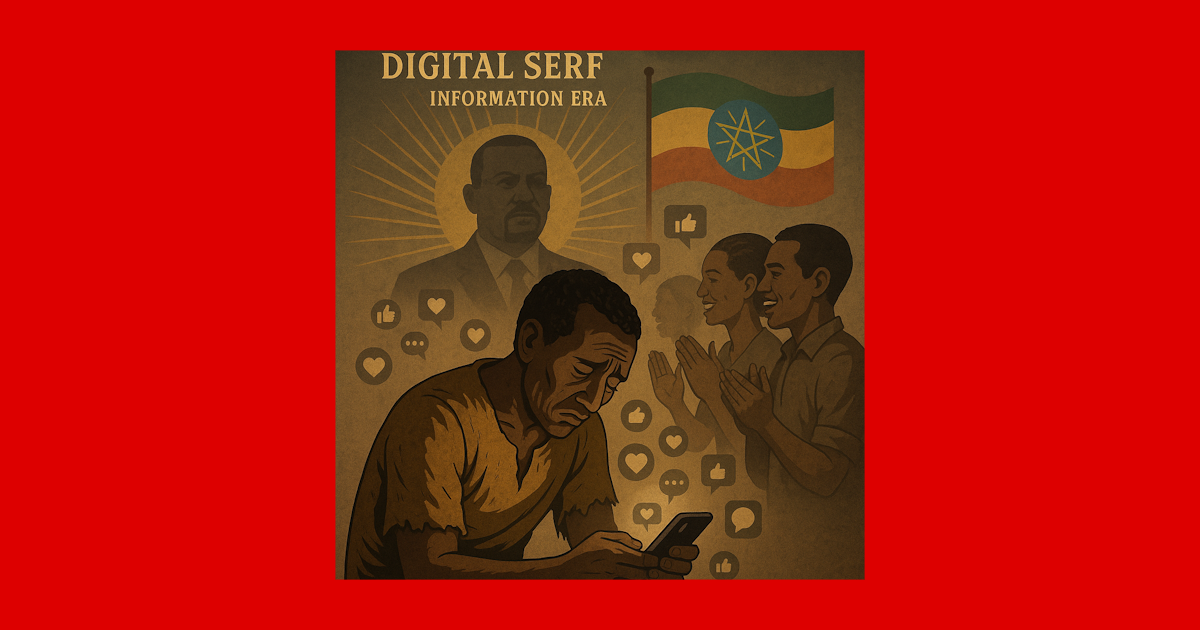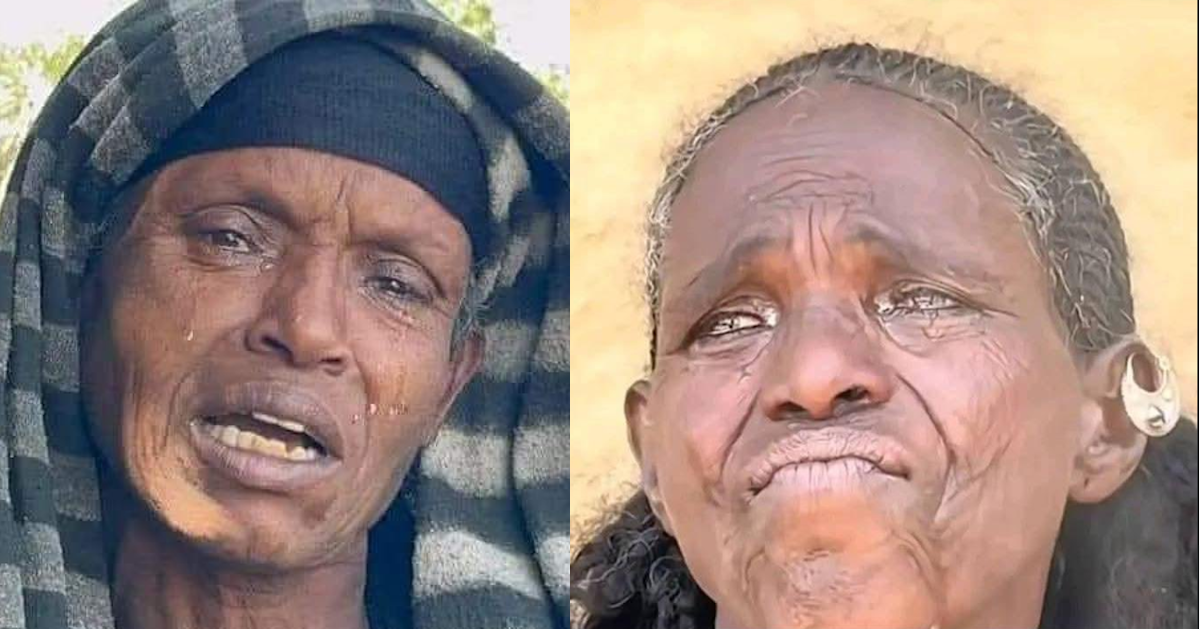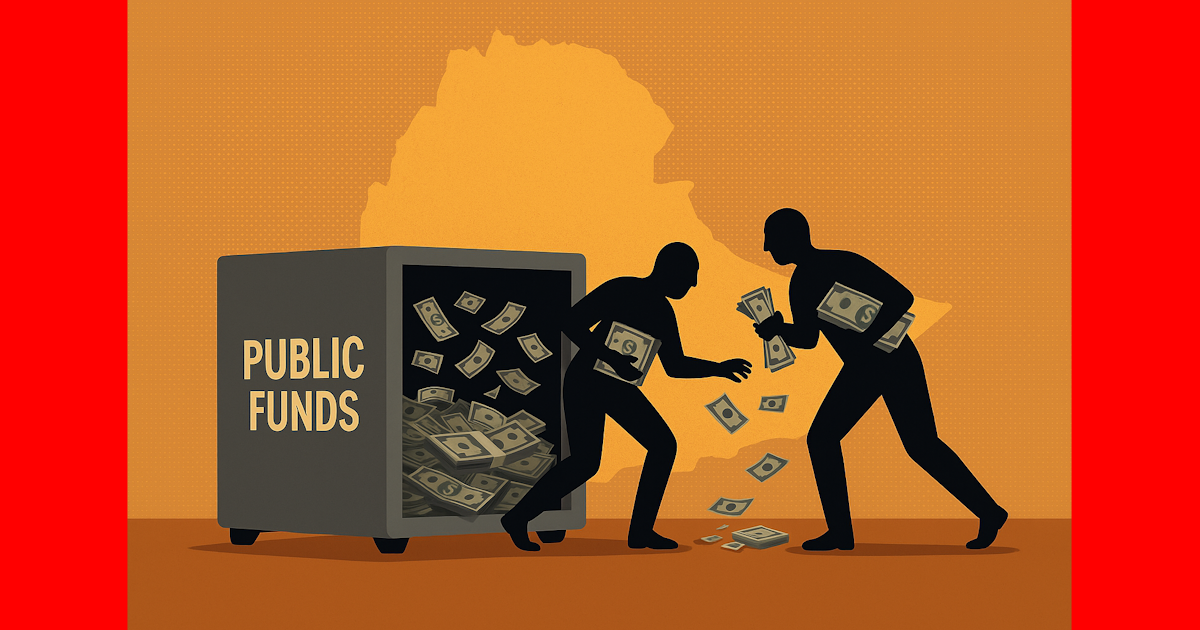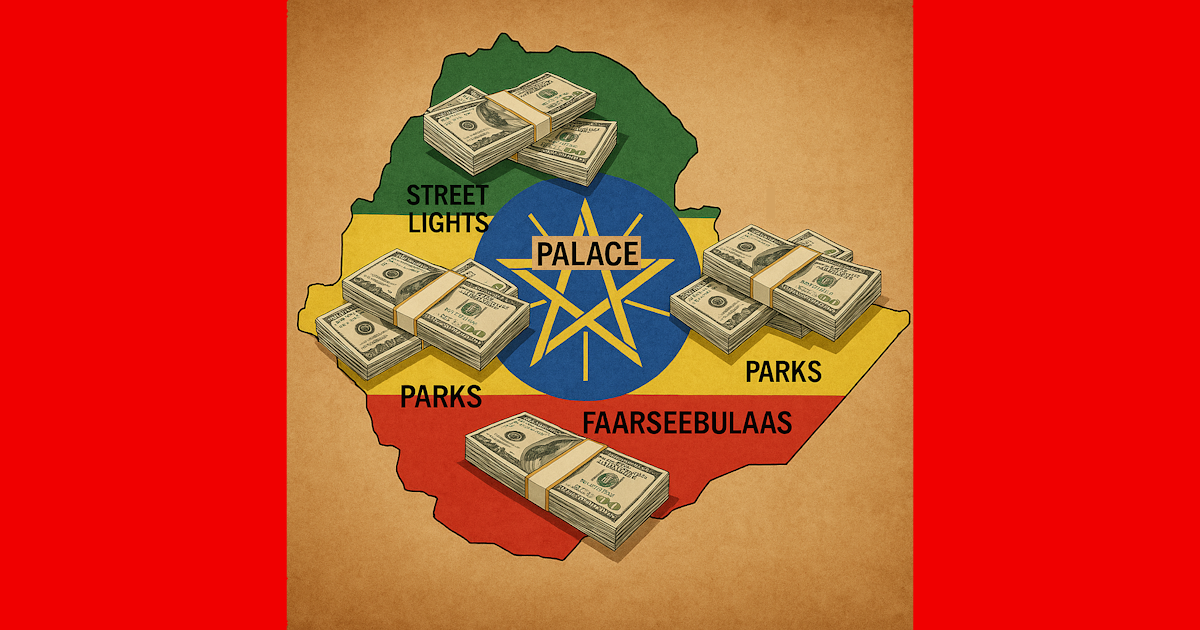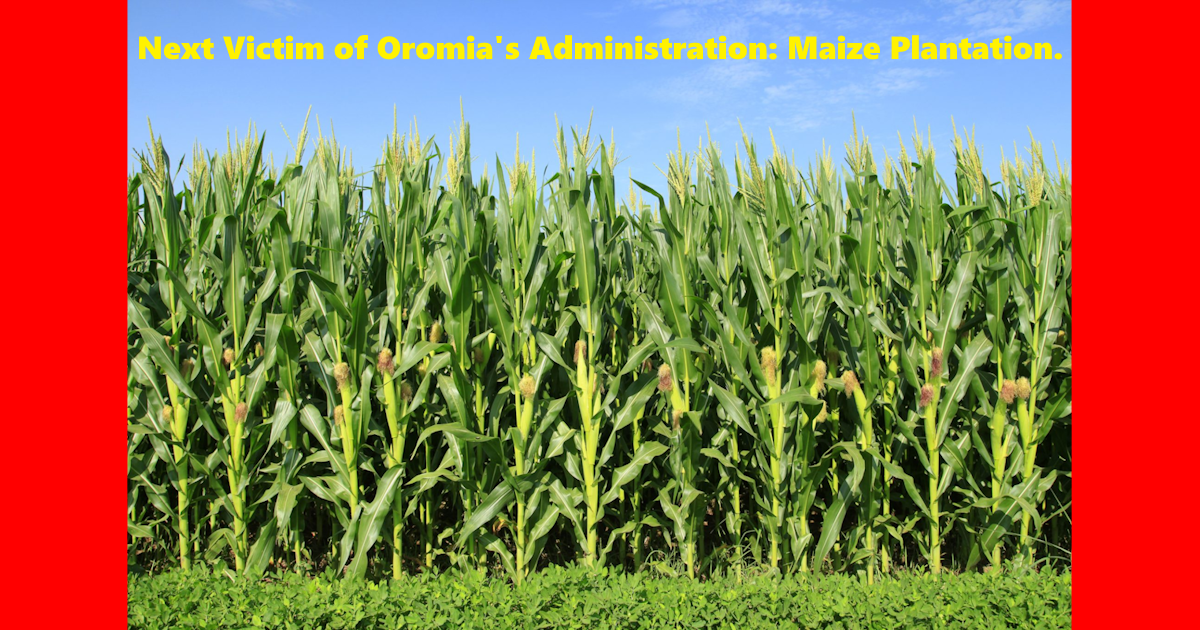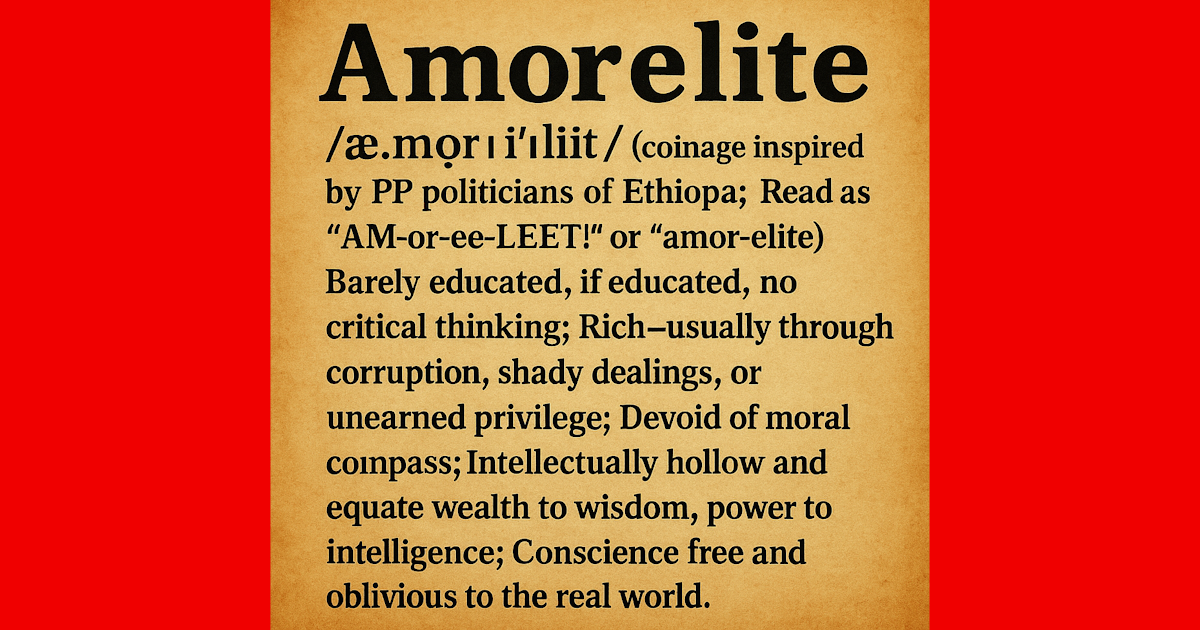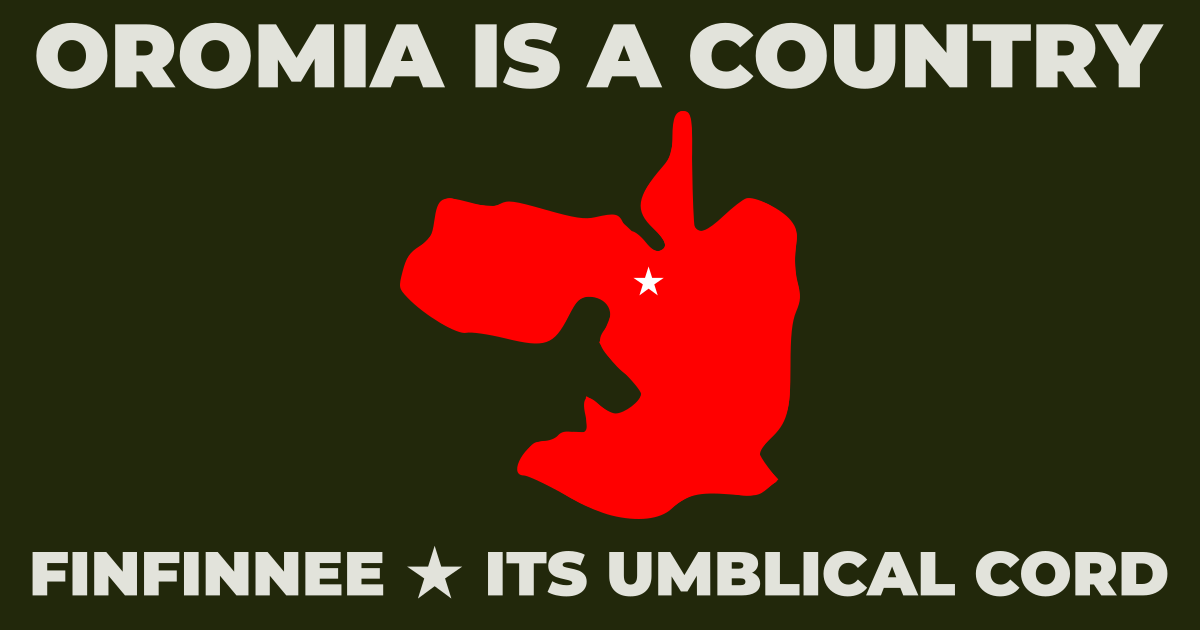The Fearless Obbo Taye Danda'a Arado IntervewsWhat They Reveal About Power, Punishment, and Truth in Ethiopia and Oromia Region
The Obbo Taye Danda’a Aredo interviews offer a rare, unfiltered look into the inner workings of Ethiopia’s federal government and the Oromia regional administration. From personal persecution to state-sanctioned cruelty, Obbo Taye’s revelations expose chilling truths about power, war, and control. This series examines five key themes drawn from his testimony—beginning with his harrowing prison experience. His voice is not just brave; it is a call to collective reckoning.

